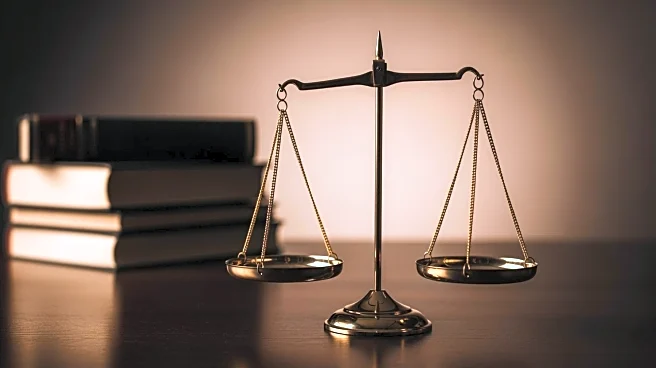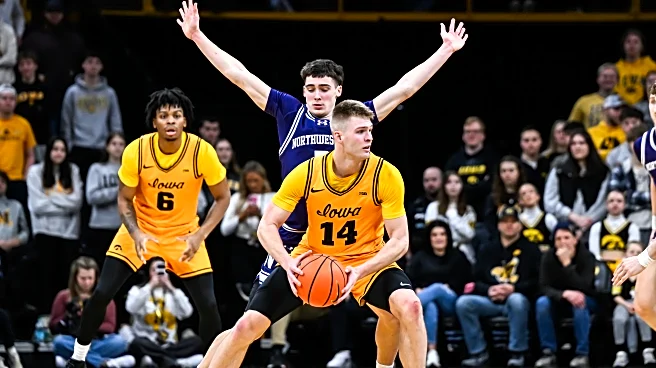What is the story about?
What's Happening?
OpenAI has introduced new parental controls for its ChatGPT platform in response to concerns about its impact on teen mental health. However, these controls have been criticized for being easily circumvented. A test conducted by a tech-savvy parent revealed that it took only a few minutes to bypass the controls by logging out and creating a new account. Additionally, the default privacy settings for teen accounts do not adequately protect against potential harms, such as exposure to inappropriate content and dangerous mental health advice. While OpenAI has acknowledged the risks AI poses to children and has implemented some content limitations, these measures are deemed insufficient by critics. The company has been accused of shifting responsibility to parents rather than ensuring the safety of its products.
Why It's Important?
The effectiveness of parental controls on AI platforms like ChatGPT is crucial as children increasingly use these technologies for information and companionship. The failure of these controls to adequately protect teens raises significant concerns about their safety and well-being. The issue highlights the broader challenge of ensuring that AI companies are held accountable for the safety of their products, particularly when they are used by vulnerable populations such as teenagers. The situation underscores the need for robust regulatory frameworks that mandate AI companies to incorporate child safety features into their products. The ongoing debate also reflects the tension between technological innovation and the ethical responsibility to protect users, especially minors, from potential harm.
What's Next?
The introduction of parental controls by OpenAI is a step towards addressing safety concerns, but further actions are necessary. Family advocacy groups and regulatory bodies are likely to continue pressuring AI companies to enhance safety measures. In California, legislation such as AB 1064, which would impose legal responsibilities on AI companies to prevent their products from encouraging self-harm or eating disorders, is awaiting the governor's signature. This legislative push could lead to stricter regulations and increased accountability for AI companies. OpenAI and other industry players may need to engage more actively with policymakers and advocacy groups to develop comprehensive safety standards for AI technologies.
Beyond the Headlines
The challenges faced by OpenAI in implementing effective parental controls reflect a broader issue within the tech industry regarding the ethical use of AI. The reliance on AI for companionship and information by teens raises questions about the long-term psychological effects and the role of AI in shaping social interactions. The situation also highlights the need for a cultural shift towards prioritizing user safety and ethical considerations in AI development. As AI technologies continue to evolve, the industry must balance innovation with the responsibility to protect users, particularly vulnerable groups like children, from potential risks.


















